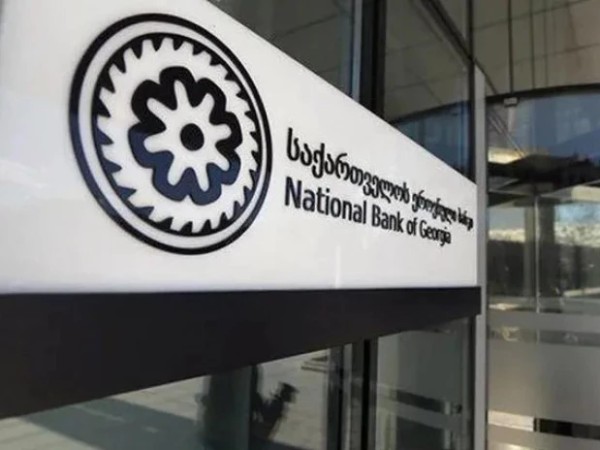
In July 2025, it was officially announced that Georgia will begin using China’s CIPS system (Cross-Border Interbank Payment System) to expand its capacity for conducting trade in yuan. The move aims to simplify financial transactions with Chinese partners. At the same time, the country will continue to use the SWIFT system for transactions in U.S. dollars and euros.
What Is CIPS and Why Is Georgia Adopting It?
CIPS is an international interbank payment and settlement system developed by China in 2015 to facilitate cross-border transactions in the Chinese yuan. Unlike SWIFT, which primarily transmits financial messages, CIPS offers both messaging and clearing services in RMB.
Georgia’s decision to join the system stems from China’s growing role in the country’s import structure. According to the Ministry of Economy, China has consistently ranked among Georgia’s top trading partners for the past five years. Direct settlements in yuan will allow Georgian businesses to bypass additional currency conversions and reduce transaction costs.
Key Benefits of Joining CIPS
- Direct settlements in Chinese yuan with trade partners;
- Reduced reliance on the U.S. dollar for international trade;
- Faster, more efficient cross-border payments;
- Access to alternative financial infrastructure while keeping SWIFT active.
SWIFT Remains in Place: A Balanced Strategy
Georgian authorities emphasized that this step is not about replacing SWIFT. On the contrary, both systems will operate in parallel, with businesses choosing the most suitable platform depending on the currency and trading region. This approach offers flexibility and operational freedom for importers and exporters.
According to the National Bank of Georgia, the dollar remains the dominant currency for financial flows, but diversification is clearly underway. Access to CIPS expands Georgia’s options for trade with China, other parts of Asia, and the Middle East.
Response from Banks and the Private Sector
Major Georgian commercial banks have already begun evaluating technical integration with CIPS. It is expected that implementation will be gradual and initially focused on large corporations engaged in foreign trade.
Private businesses are also supportive of the initiative. Importers working with Chinese suppliers frequently deal with currency exchange losses. Direct RMB payments will make transactions simpler, faster, and more cost-effective.
Global Context: Financial Diversification
Interest in CIPS is growing internationally, especially among countries seeking to reduce dependency on the U.S. dollar. Hundreds of banks from over 100 countries already participate in the network. Georgia’s entry into the system reflects a broader trend toward diversified and multipolar financial infrastructure.
By adopting CIPS while retaining SWIFT, Georgia is taking a strategic step toward financial flexibility. This move opens new channels for international trade and demonstrates the country’s intention to integrate into a modern, multi-currency global economy.
Rather than abandoning existing systems, Georgia is enhancing its ability to navigate a changing financial landscape and respond to new economic realities.

